New Scientist covers the latest developments in science and technology that will impact your world. New Scientist employs and commissions the best writers in their fields from all over the world. Our editorial team provide cutting-edge news, award-winning features and reports, written in concise and clear language that puts discoveries and advances in the context of everyday life today and in the future.
Elsewhere on New Scientist
AI-powered propaganda • Artificial intelligence brings myriad opportunities – but the risk to democracy is real
New Scientist International Edition
Rhodes wildfires seen from space
El Niño raises climate alarms • We don’t yet know how strong the developing El Niño climate pattern will be, but even a weak one risks severe global disruption, finds James Dinneen
Psychedelic drug psilocybin shows promise treating anorexia in early trials
Coating of space dust on Earth may come from the moon
Some people are aware during CPR • People may have more awareness during resuscitation than we thought, which could explain why those who survive sometimes report near-death experiences, finds Clare Wilson
Your genes may influence how much fruit or salt you eat
Why is Twitter becoming X? • Elon Musk is once more plunging Twitter into turmoil by changing its very identity. Chris Stokel-Walker explains what’s going on
Viking lander felt marsquakes • A reanalysis hints the Viking 2 lander was the first to detect quakes on Mars – in the 1970s
Plant-based milk has fewer key nutrients than cow’s milk
Rare flower lures flies by making fake bee blood
Eight healthy habits linked to living decades longer
Greenland’s ice looks vulnerable • Sediment core shows that much of Greenland’s ice could melt even if the world doesn’t get warmer
Strange two-faced star is a surprising cosmic rarity
Basking sharks added to the list of warm-blooded fish
Flexible probe reads signals deep inside a rat’s brain
Analysis Energy transition • High interest rates are stalling the green revolution Failure to invest in renewable energy projects when financing was cheap means we will pay a much higher price to reach net zero, finds Madeleine Cuff
Newton’s first law of motion seems to break down at the quantum level
Fungi turned into eco-friendly fireproof sheets
Splash of cool water could solve male turtle shortage
Planet may be the first known to share its orbit with another
GPS may one day predict quakes • An analysis of GPS readings taken prior to earthquakes has revealed a potential warning sign
Stunning stick was an ancient weapon
Older orca mothers protect their sons
Lego device helps create molecular machines
Really brief
Turning off the taps • For me, learning about river neglect and water waste was a wake-up call. We need to change habits now, says Jason Arunn Murugesu
Artificially intelligent • Universal questions Elon Musk’s latest venture is an artificial intelligence start-up. Perhaps this is exactly what the world needs to tackle the big questions, writes Alex Wilkins
Bolivia’s blight
The wisest of birds • Why have owls been so popular with humans in so many places from the earliest of times? Corryn Wetzel discovers some fascinating answers
Finding space on Earth • Can we mend a broken planet by gaining the cosmological perspective reported by astronauts? Pat Kane is curious
New Scientist recommends
The games column • Seek and destroy At last, a great new game joins the Alien franchise. Based on the first film sequel, Aliens: Dark Descent sees you in charge of exploring a moon in search of hostile creatures. Things can get real bad, real quick, discovers...
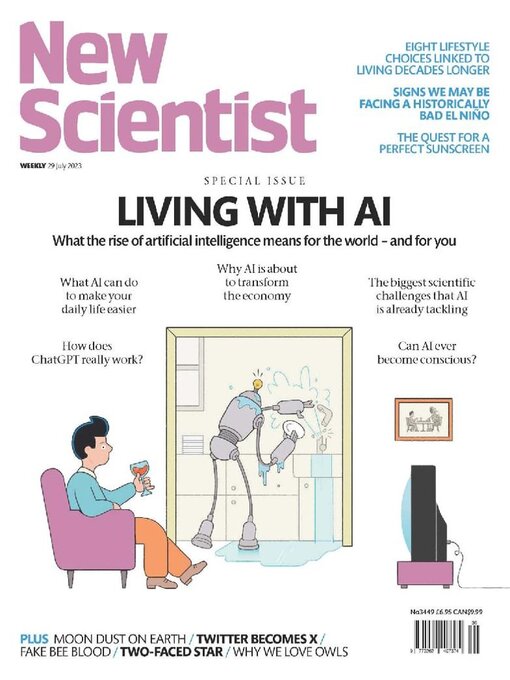
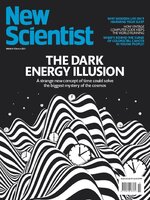 Mar 08 2025
Mar 08 2025
 Mar 01 2025
Mar 01 2025
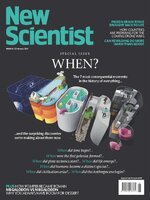 Feb 22 2025
Feb 22 2025
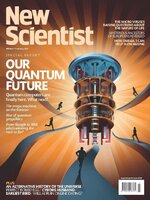 Feb 15 2025
Feb 15 2025
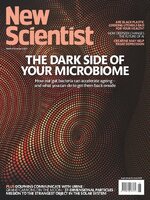 Feb 08 2025
Feb 08 2025
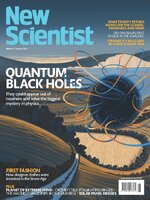 Feb 01 2025
Feb 01 2025
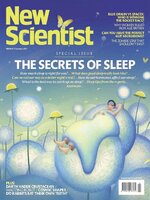 Jan 25 2025
Jan 25 2025
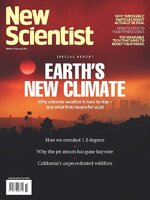 Jan 18 2025
Jan 18 2025
 Jan 11 2025
Jan 11 2025
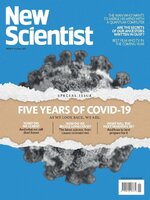 Jan 04 2025
Jan 04 2025
 Dec 28 2024
Dec 28 2024
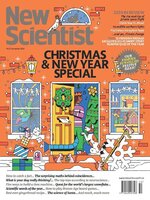 Dec 14 2024
Dec 14 2024
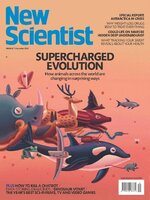 Dec 07 2024
Dec 07 2024
 Nov 30 2024
Nov 30 2024
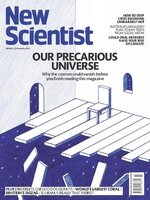 Nov 23 2024
Nov 23 2024
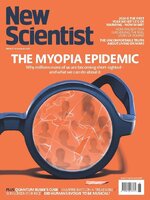 Nov 16 2024
Nov 16 2024
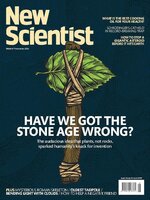 Nov 09 2024
Nov 09 2024
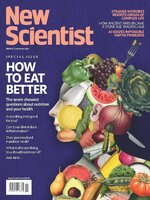 Nov 02 2024
Nov 02 2024
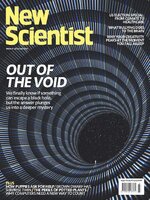 Oct 26 2024
Oct 26 2024
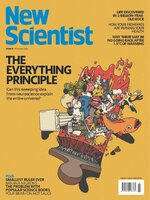 Oct 19 2024
Oct 19 2024
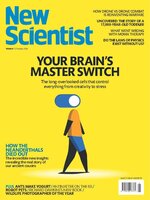 Oct 12 2024
Oct 12 2024
 Oct 05 2024
Oct 05 2024
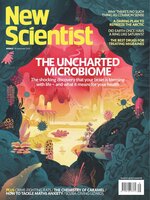 Sep 28 2024
Sep 28 2024
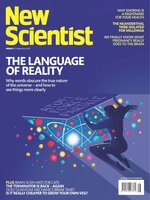 Sep 21 2024
Sep 21 2024